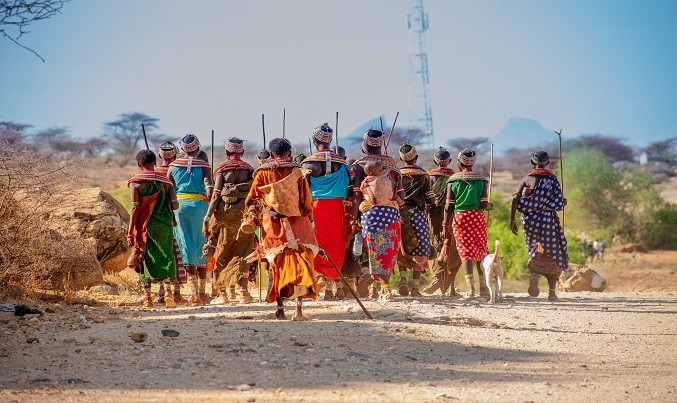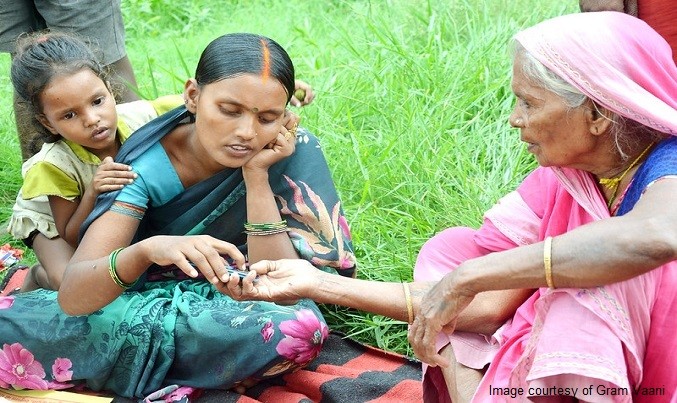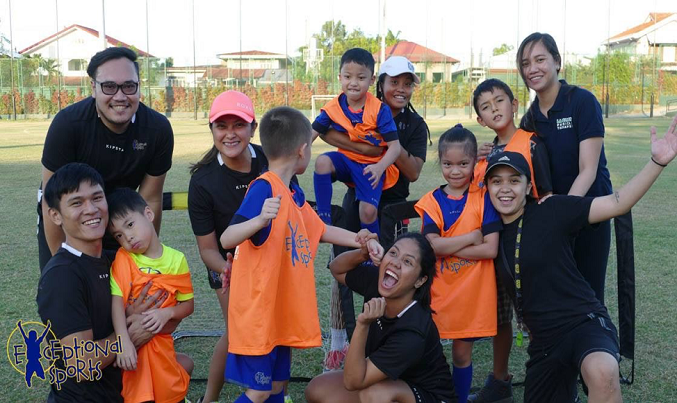Almost two years ago, CDA Collaborative Learning Projects opened its first country office in Myanmar. Since then, we have worked to apply, adapt and localize the ‘Do No Harm’ lessons developed through more than 20 years of collaboration with practitioners in conflict-affected areas around the world.
The experience we bring from Myanmar stems from our engagement with local civil society organizations, international NGOs, government, donors and local businesses. Working in a fast-developing country with pockets of sustained violence, we have learned the following lessons in making social initiatives more impactful in conflict settings:
Conflict sensitivity is needed at both policy and operational levels.
Conflict-sensitive donorship starts with an awareness that how, who and what is funded feed into existing conflict lines. It includes providing the partners with resources, capacity and flexibility that will enable them to be conflict sensitive.
International principles need to be adapted to the country context. Funding needs to be flexible so that partners can adjust their programs to reflect changing contexts, and ensure that ongoing learning is used to improve programs.
On an operational level, conflict sensitivity must be applied across sectors and be vertically integrated—from the heads of organizations to the field staff. With no proper anchor to change institutional behavior, initiatives aiming to only integrate conflict sensitivity into certain parts of an organization run the risk of failing.
Our experience from working in Myanmar’s Rakhine state, a conflict setting, shows the importance of integrating conflict sensitivity as soon as possible. This ensures that conflict sensitivity is integrated into humanitarian response situations, which risk becoming protracted, and not just into development programs. In fact, in Rakhine, the lack of a conflict sensitive approach from the onset contributed to international organizations being perceived as biased towards one side of the conflict, and opportunities to reduce divisions by supporting both communities were missed.
Take the context as a starting point and adapt.
In order to be conflict sensitive, engagements must be adapted to the local context. International donors need to understand the political, historical and cultural context in which they operate.
In Myanmar, the state-society relationship is being politically negotiated, and war is ongoing in contested areas. The right to govern and issues related to political exclusion are key driving factors of violence. In such situations, it is vital to understand how the distribution of resources might feed into conflict dynamics, also at the national level.
Operationally, conflict sensitivity needs to be culturally and locally adapted. In Myanmar, CDA is constantly changing and contextualizing the tools and materials we use in our engagement with local partners. This is not just related to translating and adapting the language—for example, the word ‘conflict’ in the Myanmar language only has a negative meaning and therefore is not a useful word when talking of conflict as something that can also drive positive change—but also to include and adapt the stories, examples and exercises we use.
We have found that using arts-based learning methods, such as drawing, story telling and theater, is helping local organizations take ownership of the ‘Do No Harm’ lessons. Different contexts will require different methods, metaphors and linguistic adaptations.
Change takes time. Sustainability requires local ownership.
Introductory ‘Do No Harm’ trainings are useful to raise awareness and provide a foundation for further engagements. Changing behavior, however, demands the uptake of knowledge and support to develop skills. This takes time.
We have therefore developed a model of ongoing ‘accompaniment’ of our partners. This allows support for more in-depth change starting at the personal or interpersonal level and working with the whole organization; covering the ‘Do No Harm’ steps from the initial conflict analysis, analyzing how programs influence and are influenced by conflict dynamics, and implementing changes to mitigate negative consequences and strengthen the positive.
Learning is more efficient in local languages. Therefore, CDA has built the capacity of national staff, who better understand the sensitivities needed when talking about cultural, religious, security and political issues. National staff take a leading role in our accompaniment model.
A fellowship program with national colleagues is another way CDA seeks to build a locally sustained conflict sensitivity practice in Myanmar. This mentoring model enables us to support young, national conflict sensitivity change agents. An ongoing ‘Do No Harm’ ‘champion’s’ program furthermore builds capacity of future conflict sensitivity experts in Myanmar’s different states and regions.
As a final point, one question that we return to in our quest to support sustainable conflict sensitive practice concerns accountability. Who are we accountable to?
To illustrate this with an example: An INGO working in a conflict-affected area in Myanmar is primarily accountable to its donors. They need to produce the results and follow the procedures outlined in their log-frames and program documents.
Examples from engaging with local tour operators working in the same areas shed light on how accountability to the local context makes conflict sensitivity a common sense practice to them. For responsible business actors, it is self-evident that their business must be accountable to local people—conflict insensitive practice could bring harm to the communities, customers and, as a direct consequence, their livelihoods.
More than 20 years since the ‘Do No Harm’ lessons originated, they remain relevant from international policy to local operational level. Despite the different challenges faced across this continuum, the need to contextualize conflict sensitivity is vital.











